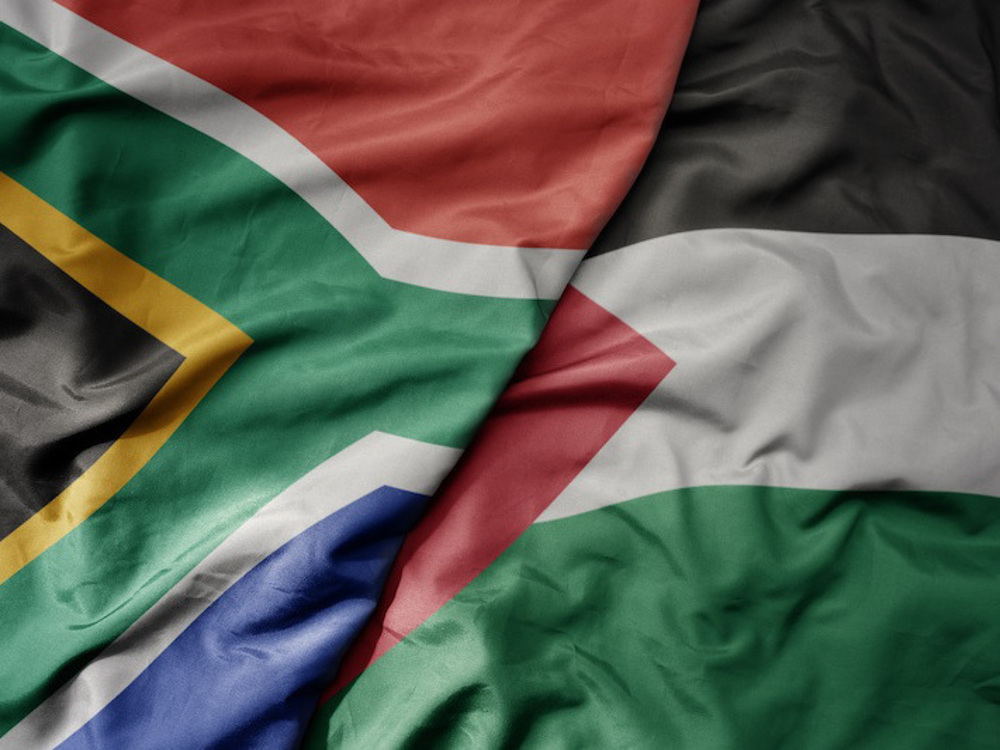UN urges $1.4 bn in donation for South Sudanese refugees
The United Nations has urged donor countries to raise their contributions to South Sudanese refugees, saying some USD 1.4 billion would be needed to help people out of famine inside and outside the war-torn country.
World Food Programme Executive Director David Beasley said in a statement on Monday that the situation of refugees in South Sudan and in other countries was very dire, adding that people were "close to the abyss.”
"The suffering of the South Sudanese people is just unimaginable," said Beasley, adding, "These are families like yours and mine, our brothers and sisters, and the world must help them now -- not later.”
Beasley, who was appointed WFP chief in March, said that shortages of cash had forced the UN body to decrease its aid to famine-stricken refugees, who have escaped poverty and war in South Sudan.
"Our funding situation forced us to cut food rations for many refugees in Uganda," Beasley said in a briefing with reporters in Geneva.

A civil war that broke out in South Sudan in December 2013 has left nearly two million people internally displaced, while around two million others have sought refuge in Uganda, Sudan, Ethiopia, Kenya, the Democratic Republic of the Congo and the Central African Republic.
South Sudan, the world's youngest nation which split from the north in 2011, has declared famine in some areas, warning that one million people are on the brink of starvation.
The WFP and the UN refugee agency had initially requested USD 1.2 billion in donation, but they said later that the amount would not be enough.
The UN said recently that the number of people who fled to Sudan in March had surpassed the expected figure for the entire year, noting that about 375,000 South Sudanese refugees were now in Sudan.
Uganda is hosting the largest number of refugees from South Sudan, with an estimated 900,000 people now living in camps there. Sudan and Ethiopia are next, with each hosting around 375,000 refugees.
Beasley also lamented that donor nations had become increasingly distracted from emergencies like South Sudan.
"We've got to break through all of the smoke" Beasley said, adding, "People aren't receiving the normal information they receive on international crises.”
‘All wars have rules. All of those rules have been broken’ by Israel
VIDEO | Report flags India’s violation of rights of Rohingya detainees
Turkey's foreign minister meets Syria's de facto leader in Damascus
'Next to impossible' to rescue patients from Gaza's Kamal Adwan Hospital: Director
VIDEO | Vietnam current prosperity
Report blames gasoil exports for shortage at Iranian power plants
VIDEO | Hind Rajab Foundation names Israeli war criminals vacationing after Gaza genocide
VIDEO | Australians rally for Gaza ahead of Christmas festivities














 This makes it easy to access the Press TV website
This makes it easy to access the Press TV website